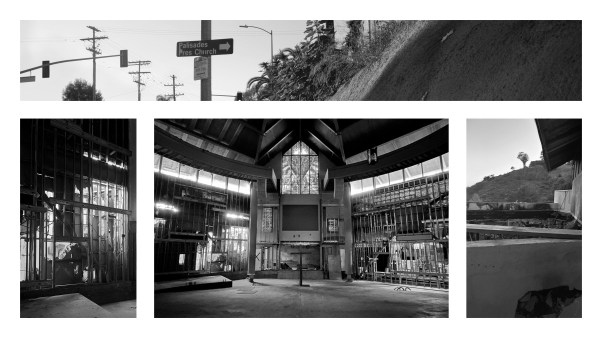Hebrews 12:1–2
“Therefore, since we are surrounded by so great a cloud of witnesses, let us also lay aside every weight, and sin which clings so closely, and let us run with endurance the race that is set before us, looking to Jesus, the founder and perfecter of our faith, who for the joy that was set before him endured the cross, despising the shame, and is seated at the right hand of the throne of God” (Heb. 12:1–2, ESV).
Many of us get annoyed when someone constantly asks on a trip, “Are we there yet?” This question not only makes the trip seem to take forever, but it also shows discontentment and failure to evaluate time, place, and space on your own. On the other hand, there’s almost no sweeter sound than hearing the driver say, “We’re here,” or the pilot announcing, “We are on our final descent. We should land at our destination shortly.”
Just as travelers longs to reach their destination, the faithful in ages past yearned for the fulfillment of God’s promises. Hebrews 12:1–2 ends a long encomium on faith that started in Hebrews 11:1. Faith is the virtue that is praised in saints of old. The people of Israel, the faithful witnesses and prophets, looked forward to the Messiah, asking “what person or time the Spirit of Christ in them was indicating when he predicted the sufferings of Christ and the subsequent glories” (1 Pet. 1:10–11, ESV). Their faith rested in the Spirit’s testimony of the coming sufferings and glories of Christ. They rightly wanted to know “Who is he?” and “When is he coming?” It was their version of “Are we there yet?” They walked in faith, looking forward to the coming Messiah.
We look back to our crucified and risen Savior, who left glory to come in the likeness of sinful humanity and for the sins of humanity, to condemn sin in the flesh so that “the righteous requirement of the law might be fulfilled in us, who walk not according to the flesh but according to the Spirit” (Rom. 8:3–4, ESV).
As we look back on the cloud of witnesses, we see men and women who made the choice to obey God even when everyone and everything around them and in them would have encouraged them to go another way, make a different decision. However, Jesus says that his yoke is easy and his burden is light, not because the road we travel or the task we undertake is light, but because the finish line is in our view. We don’t carry the heavy load; Jesus carries it for us. I’m reminded of a line in an old song that my dad used to play on his eight-track player when I was a kid. The line goes, “Heavy load. Heavy load. God’s gonna lighten up my heavy load.”
This song echoes the truth that Jesus took upon himself the weight and shame and guilt of sin as well as the punishment for sin. “He himself bore our sins in his body on the tree, that we might die to sin and live to righteousness” (1 Pet. 2:24, ESV). Jesus found joy in enduring the cross, despite its pain and humiliation, and disregarded its shame to become sin for us. Why? So that through his substitutionary, atoning death, he might declare us righteous before the Father. Having completed the work God sent him to do, Jesus now sits at the right hand of God, always interceding for us. If dying for us brought him such joy, shouldn’t living for him bring us joy?
During Lent, we have a unique opportunity to imitate Jesus. By faith, we imitate his joyful endurance of suffering in anticipation of our future reign with him in glory. The faithful witnesses endured and walked in faith despite their circumstances. They waited in faith because they looked not at their present circumstances, but ahead toward God’s promise of a future homeland, the city that he had prepared for them. They, and believers today, know that our true destination is not a city built by human hands, but a home whose builder and designer is God (Heb. 11:10).
Unlike us, Jesus is not annoyed by our “Are we there yet?” question. Through the Cross, Jesus answers, “I will have you at your final destination shortly.” The journey to our true home is cross-shaped and joy-filled. Through Christ’s example, we learn that the journey to our eternal home is paved with the promise of unshakable joy in the glory that awaits us.
Kristie Anyabwile is a Bible teacher and author of several books, including Delighting in God’s Law: Old Testament Commands and Why They Matter Today. Her husband, Thabiti, is a pastor in Washington, DC, and they have three adult children.













